As a species, whales are divided up into two categories: toothed and untoothed. Toothed whales have teeth that hunt and eat squid, seals, as well as fish. Generally, untoothed baleen whales are larger than toothed whales. Instead of teeth, these whales feed through fringed plates that strain their food and are made of a material similar to fingernails called baleen.
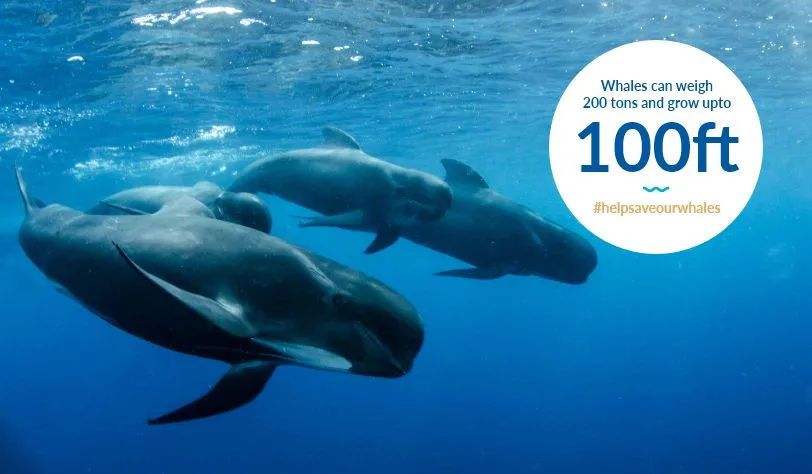
Marine biologists are continuing to conduct increasing numbers of research studies that will help the world learn more about whales. That’s because they believe that by studying how marine mammals such as whales live in the ocean, we’re able to learn what can be done to support the kind of healthy marine society that’s critical to their survival. Whales help to regulate the food chain by making sure animal species aren’t overpopulating in the ocean. For example, a blue whale is responsible for consuming 40 million krill a day. If there were fewer blue whales, there would likely be enormous additional numbers of krill.

The whaling era was responsible for killing off several species and making others endangered. Certain countries have also been known to eat whales. If people are found to be whaling today, they can face serious jail time and monetary penalties. Despite it being illegal, people are still known to be hunting these majestic creatures in certain parts of the world. Whales still face dangers from climate change, ingesting plastic and pollution, boat impacts, and becoming accidentally trapped in nets.

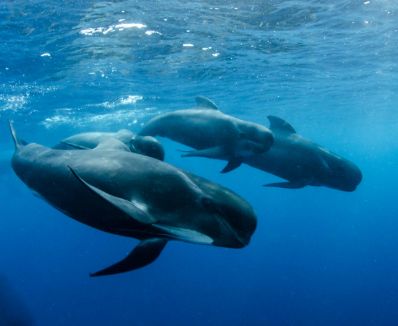
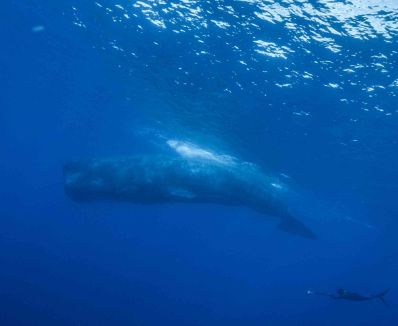
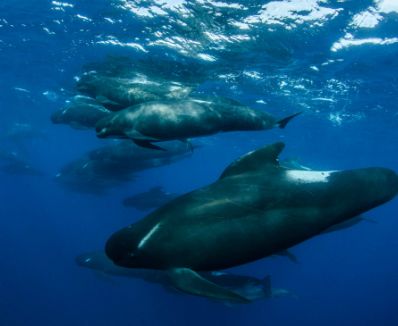
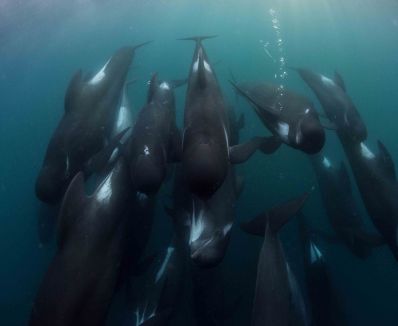
Whales play an extremely important role in our ecosystem by maintaining a stable food chain and feeding other marine animals that help provide a cleaner atmosphere as well as helping growing economies increase their awareness and profitability through tourism. Whales help to regulate the food chain by making sure animal species aren’t overpopulating in the ocean. An estimated minimum of 300,000 whales and dolphins are killed each year as a result of fisheries bycatch, while others succumb to a myriad of threats including shipping and habitat loss.
CO-EXIST PURCHASES CONTRIBUTE TO PROTECTING THE WORLDS WHALE POPULATION!
Show your support and awareness. Help to preserve and protect our world's oceans.